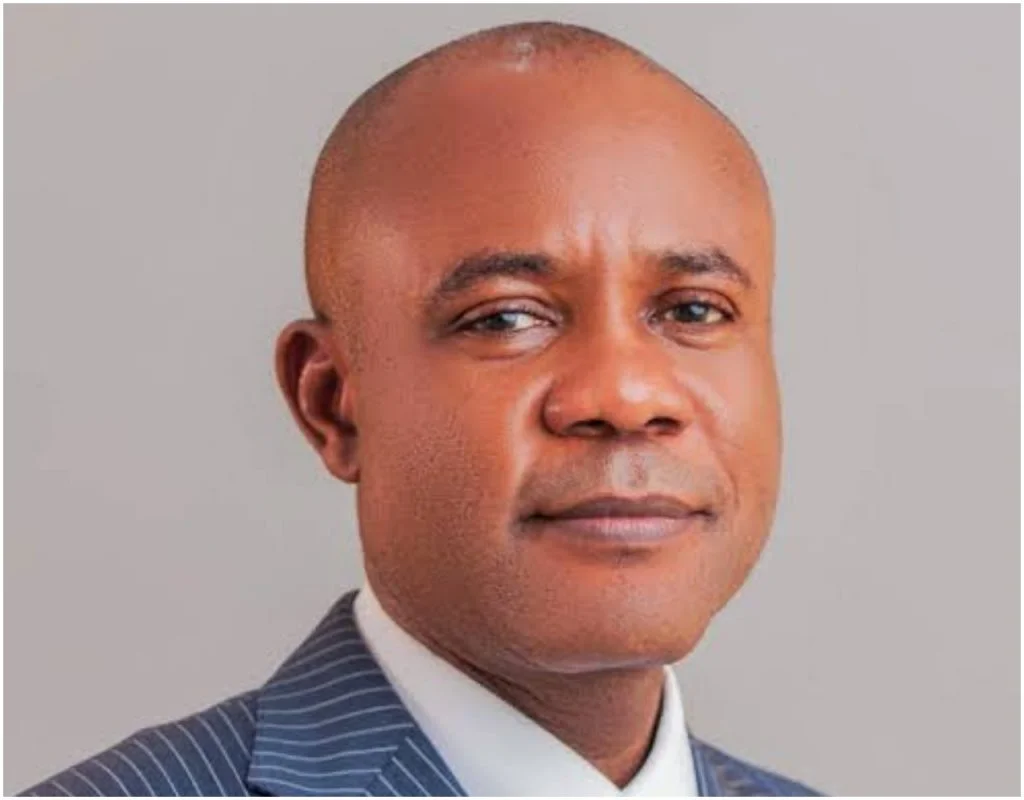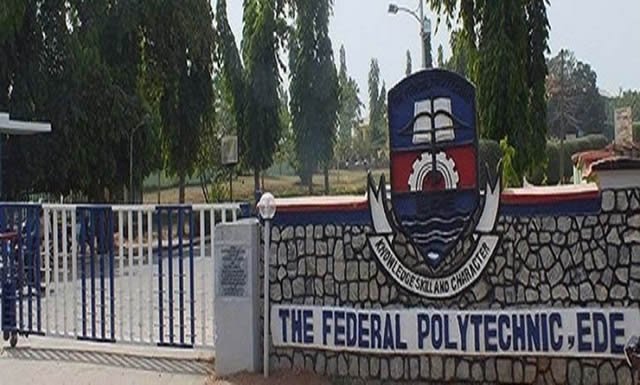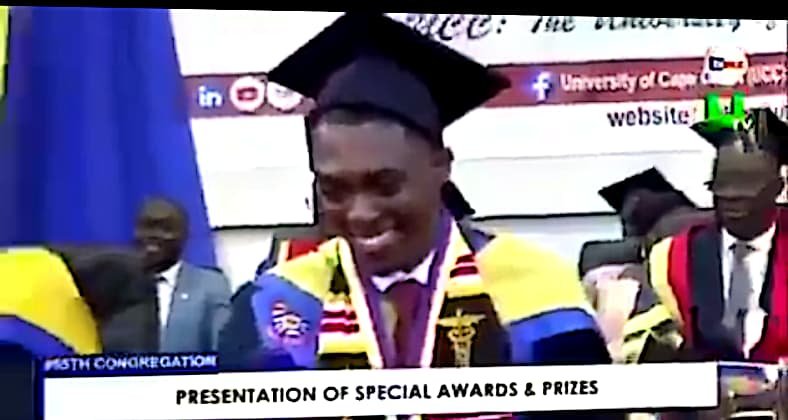Enugu Govt expresses optimism on ‘leave no child behind policy’ as game-changer in education
The Enugu State Government has expressed optimism on its ‘leave no child behind policy’ as a game-changer in education to prepare every Enugu’s child for 21st century academic and technological advancement.
The state government has completed and started running some of the 260 smart schools within the 260 political wards; while those yet to be completed would be ready within a few months to come.
The Secretary to the State Government (SSG), Prof. Chidiebere Onyia, disclosed this on Saturday in Enugu at the 2025 Global Sustainable Development Goals (SDGs) Goals Week Celebration and Book Launch on “SDGs Integration Manual for Basic Education”.
Onyia noted that the ‘leave no child behind policy’ in the Smart Schools for the nine-year basic education would provide quality, equal and accessible 21st century education to children in urban and rural areas alike.

He said, “With the policy and concepts, learning will become experiential for the children in all the smart schools as we have integrated technology in it; and modern curriculum and content.
“Learning will go with new result-oriented initiatives, be hands-on and fun for the children, which will open their innate desire to learn and internalise; and not just to memorise and pass exams alone.
“The smart schools, scattered in all wards in the state, will ensure that each child gets the same tech-innovative educational gadgets and quality teachers fully trained on modern and tech-innovative gadgets.
“His Excellency, Dr Peter Mbah, is intentional and already moved ahead in using education to prepare our children notwithstanding remoteness of their schools to compete with their counterparts internationally.”
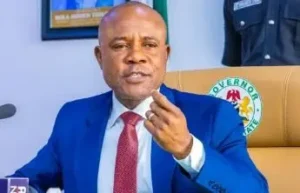
Onyia noted that for some months, teachers in the state had been trained and retooled on the smart school curriculum, concept and new educational gadgets to be used in classrooms going forward.
“His Excellency, Dr Peter Mbah, plans to take it higher through a teachers’ training institute (the proposed new state’s University of Education and Technology) and all teachers migrate to tech-innovative teaching methods.
“Each child will be given equal opportunity, equal access and equal quality tech-innovative teachers; while the basic module for assessment and test tool for all children within the state will be the same,” he added.
Onyia appreciated the authors of the book, which foreword was written by Gov. Peter Mbah, adding: “This book provides an excellent manual for teachers to inculcate knowledge and benefits of the SDGs on our children”.
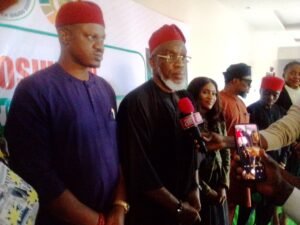
The Special Assistant to the Governor on Transport, Mrs Ify Ugonabo, said that the government had captured the bio-metrics of all commercial vehicles (including tricycles) in Enugu, adding that over 30,000 vehicles had been registered.
Ugonabo noted that the bio-metric capturing had further strengthened the security architecture of the state as it had made it easier to track any commercial vehicle engaged in unscrupulous activity.
“Enugu has the best transport system with new five modern terminals, over 80 road shelters and 100 CNG buses for seamless and affordable transportation as part of meeting the SDG Goals,” she said.
Earlier, the Focal Person for SDGs in the state, Mrs Onyinye Akubuilo-Okpalanma, who co-authored the book with Prof. Dorothy Akubuilo (her mother), said that Enugu State had done well in advancing the goals of the SDGs.
Akubuilo-Okpalanma said, “Enugu State has advanced in education, which is goal four; healthcare, goal three; in agriculture, in adequate security, in tech-innovation as well as providing employment and decent work for the youths.
“His Excellency, Dr Peter Mbah, has robustly improved all sectors of the state through well-planned and intentional policies and programmes that involve all sectors, council areas and political wards at the same time.”


